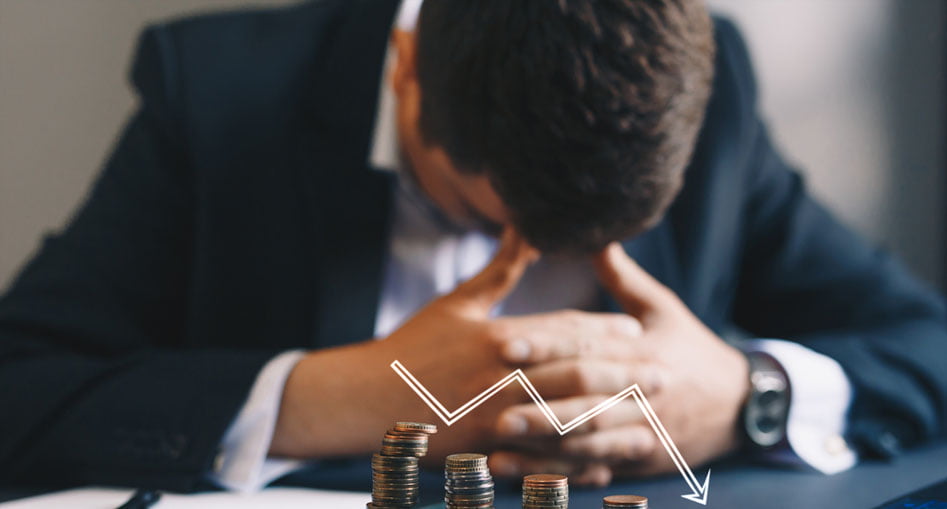
The pandemic was a terrible reminder for many people that they are only one paycheck from ruin. But for many business owner and savers who felt their position was solid going into this unprecedented global health scare, the economy was harmful to them as well. The realities of social distancing and mandatory shutdowns made certain jobs all but impossible. For others, the work from home trend left their dependent businesses without customers or their retail workspace without tenants. All of these examples highlighted the fragility and interdependence of our economy. While some workers were able to find alternative employment or live on savings, some found that the lack of funds were pushing them closer and closer to bankruptcy. A series of stimulus checks have given many an influx of cash to catch up on some financial obligations, but without some changes, bankruptcy could still be an unwelcome reality.
For those still in a position to avoid bankruptcy, here are a few tips that may be able to help you turn the tide.
Practice Extreme Budgeting
When you don’t have many resources left, it can be stressful trying to budget a small amount. Choosing what to pay and what not to pay is challenging. Now may be the time to identify what is most important and establish a budget. Creating a temporary budget can be daunting, but the best place to start is with income. If you have unemployment benefits, child support, paychecks, items you can sell online, or anything you’d considered income, add it. This is the amount you have to work with each month. Next, you will need to look at expenses. Begin by identifying anything that can be eliminated until you are in a better position. This is an extreme budget because it cuts back to the bare minimums and pulls cash from every corner of your life.
If you are looking for areas to cut:
- Nonmedical Subscriptions
- Streaming services
- Dining out/delivery
- Cable
If you’ve cut everything you think possible, now is time to compare the two number – expenses vs income. If income is larger than expenses, that’s great. Hopefully it will remain that way until things improve. If you find that you have less income than expenses, you will have to decide what to pay in rank order.
Unemployment Insurance
If you have not done so already, apply for unemployment immediately. This is a protection you pay for each month you work, and when you need it, you should most certainly use it. Federal extensions and increases have made unemployment a bit more of a security net. Once you’ve applied, it will take a couple weeks for payments to start, but you should see some relief soon.
Talk to Your Creditors
If your finances are underwater, changes are your creditors are calling you. This is not the time to ignore their calls. Many creditors are offering programs specifically for pandemic relief. Your account may qualify, so reach to creditors who haven’t contacted you and speak to the ones who have. For creditors like mortgages, landlords, or auto loan providers, many of these were covered under federal collection moratoriums, but if your creditor does not offer those safeguards, reach out to them with a payment plan and strategy. Be honest about how much you can pay and when. The worst they can say is no, and you will be no worse off than before you asked.
Consult with a Bankruptcy Lawyer
You need to make sure you know what you are considering with a bankruptcy. They are not a small thing. The pandemic will hopefully end at some point, and you don’t want to be left with regret and a terrible credit score for seven years. A bankruptcy lawyer can give you a clear picture of your choices and let you know if bankruptcy is the only viable option.
You may feel bankruptcy is inevitable, but before you start the process, discuss the specifics of your case with a bankruptcy lawyer. The attorneys at Cianci Law, PC, offer contact-less consultations to guide you through this difficult time.
Call us at (916) 797-1575 to schedule a consultation today.
Request a Consultation
Fields marked with an * are required


